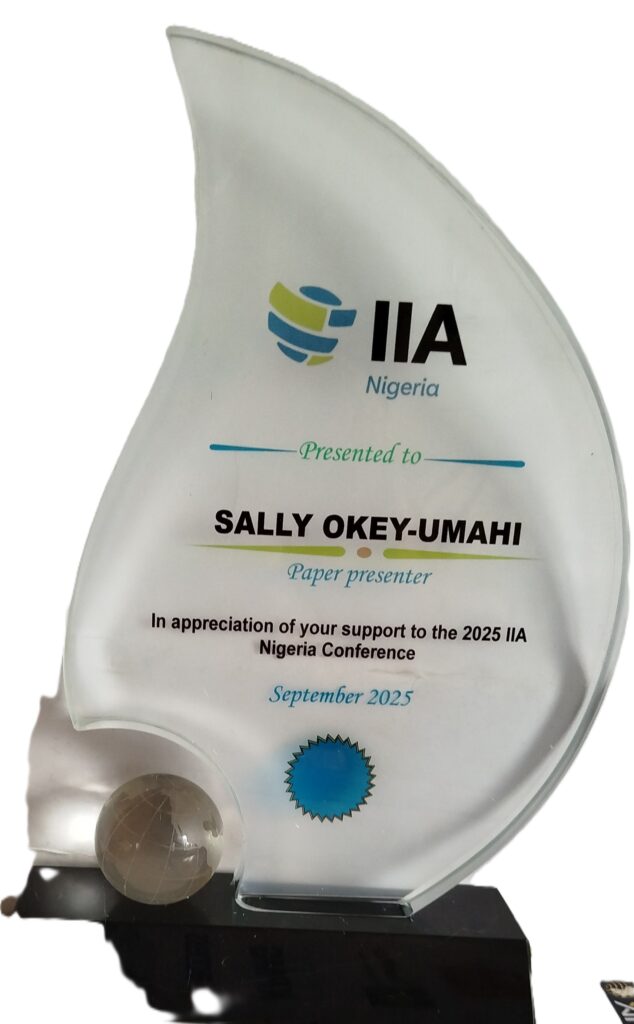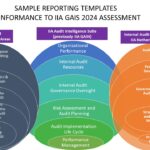Who Can or Cannot Perform EQA
According to IIA IPPF 2024, Domain III: Governing the
Internal Audit Function, Standard 8.4 External Quality Assessment
The qualifications for an EQA Assessor are::
- EQA should be caried out by an independent, qualified assessor or assessment team
- At least one member of the external assessment team should be a Certified Internal
- Experience with and knowledge of the Standards and leading internal audit practices.
- Experience as a chief audit executive or comparable senior level of internal audit management.
- Experience in the organization’s industry or sector.
- Previous experience performing external quality assessments.
- Completion of external quality assessment training recognized by The Institute of Internal Auditors.
- Attestation by assessment team members that they have no conflicts of interest, in fact or appearance
Whis is not qualified to be EQA Assessor
- Current employees of the organization being assessed or related organization such as the group, divisions or subsidiaries.
- Former and anticipated future employee – potential impairment based on the length of time the assessor has been independent should be evaluated. Examples of potential impairments include current, past and future involvement of the individual in any of these services at the organization:• External audits of financial statements.
- • Assistance to the internal audit function.
- • Personal relationships.
- • Previous or planned participation in internal quality assessments.
- • Advisory services in governance, risk management, and control processes; financial reporting; or other areas.
The Role of the Chief Audit Executive, Board and Senior Management in EQA
According to IIA IPPF 2024, Domain III: Governing the Internal Audit Function, Standard 8.4 External Quality Assessment, the role of the CAE is as follows:
- Develop a plan for an external quality assessment
- Discuss the plan with the board in collaboration Senior Management to determine the scope and frequency of the external quality assessment. The frequency for EQA is every five years but the frequency can be leas than five years for highly regulated industries such as Public Interest Entities or Complex industries.
- Be involved in the selections of the independent assessor or assessment team
Conditions For Using Internal Audit Quality Assessment as EQA
IIA IPPF 2024 recommends as follows:
- The internal Audit function or any other experienced member of the organization or related organization such as the group or subsidiary can conduct a self assessment of the internal audit quality (IQA) following the same procedures as the IIA Global Internal Audit Standard (GAIS). This implies that the assessors must meet the same condition for the EQA in terms of knowledge, experience and personal excellence.
- IQA reports can pass for EQA only if the process followed by the IQA team and Results of work done have been validated by a qualified Independent External Assessor.
- The rational for choosing to conduct a self-assessment with independent validation by an independent external assessor instead of a full EQA must be established, documented and approved by the Board in collaboration with CA and Senior Management.



Very insightful and helpful.
Thanks for what you are doing
Thanks you very much Chileobim for your inspiration. I appreciate